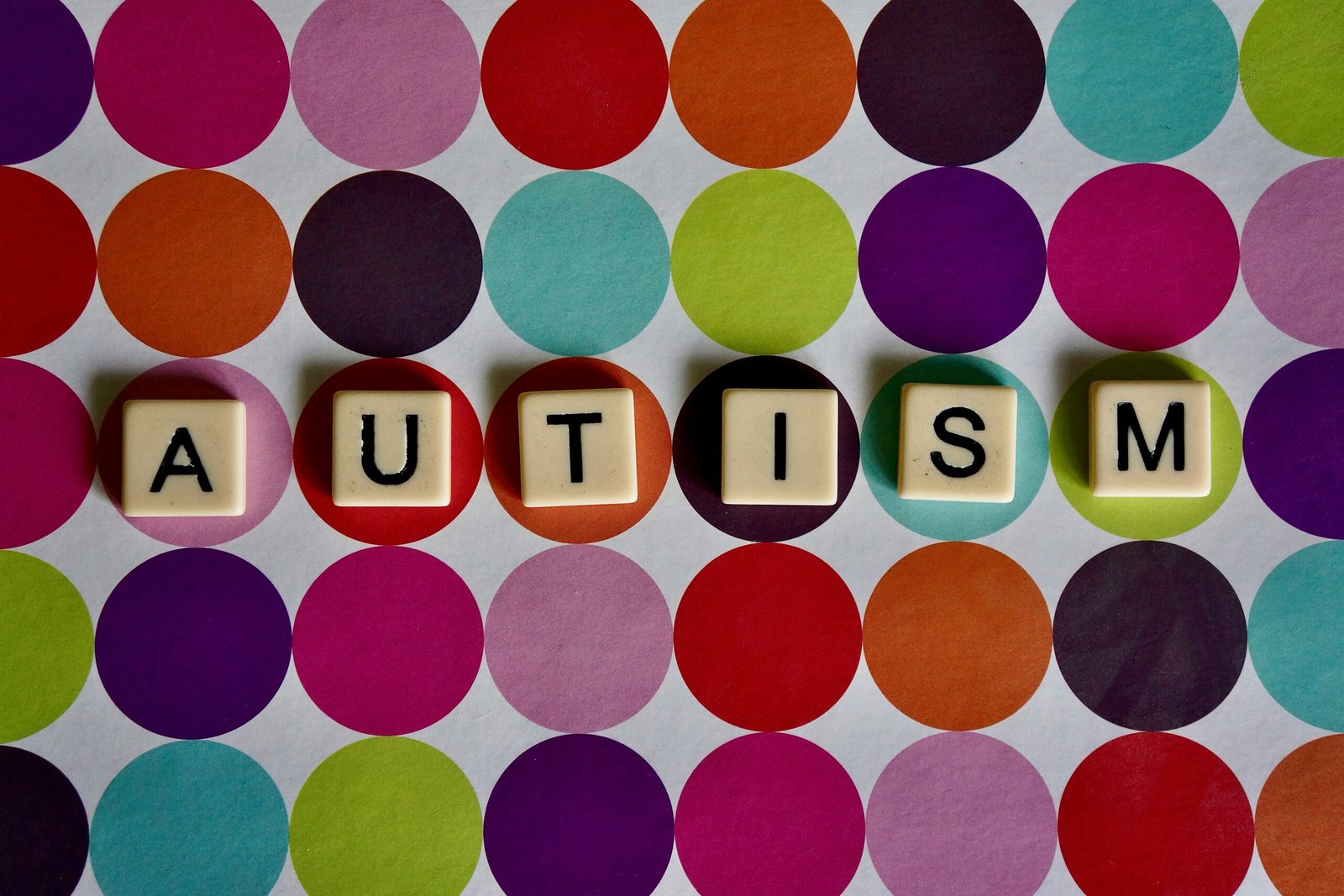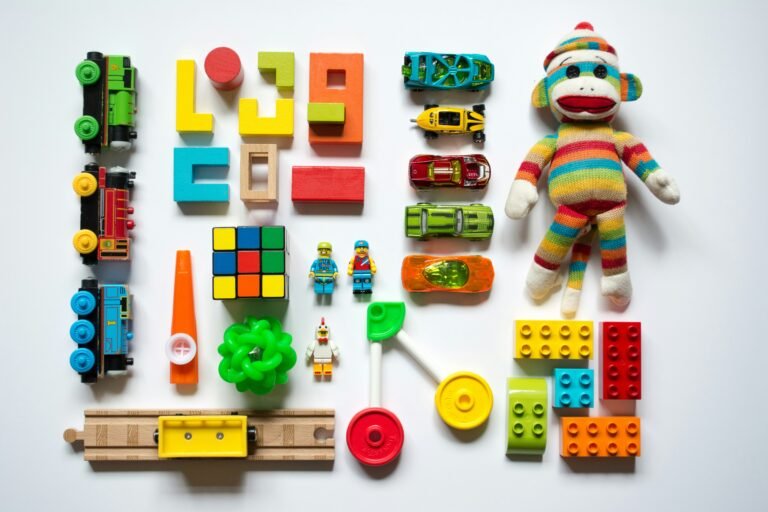Moving beyond awareness toward understanding, inclusion, and respect
Each April, you might see puzzle pieces, blue lights, and hashtags like #AutismAwareness. But in recent years, a new message has taken the spotlight and rightfully so: Autism Acceptance.
So what does acceptance truly mean? And how can families, schools, communities, and professionals practice it every day?
Let’s explore what autism acceptance is and why it matters more than ever.
From Awareness to Acceptance
“Awareness” means knowing that autism exists. It’s an important first step — but it’s no longer enough.
What Autism Acceptance Looks Like in Real Life
Acceptance is not just a philosophy it’s a daily practice. Here’s what it looks like in action:
1. Assuming Competence
Speak to children with autism, not about them. Use age-appropriate language and treat them as capable and intelligent, even if they communicate differently.
2. Embracing Communication Differences
Some children use words, others use gestures, devices, or pictures. All communication is valid. Acceptance means honoring all voices.
3. Creating Inclusive Environments
Acceptance looks like classrooms, playgrounds, and therapy spaces that support sensory needs, routines, and social comfort — without forcing eye contact or typical behavior.
✔️ 4. Valuing Unique Strengths
Every autistic child has their own strengths whether it’s a love of patterns, incredible memory, or creativity. Acceptance means seeing those strengths, not just the challenges.
5. Listening to Autistic Voices
As children grow, their voices matter more than anyone’s. Acceptance includes making space for autistic self-advocates, adults, and teens to lead the conversation.
Why It Matters
When children with autism feel accepted not just tolerated, they:
- Build self-confidence
- Are more likely to thrive in school and social settings
- Form healthy identities
- Feel safe and supported in who they are
Acceptance also creates a world where parents feel less pressure to “fix” and more empowered to support, connect, and advocate with love and pride.
What Parents and Professionals Can Do
You don’t have to be an expert to show acceptance, you just have to be open, respectful, and willing to learn.
- Use identity-first or person-first language based on what the individual prefers
- Learn from autistic adults and advocates
- Speak positively about autism around your child
- Choose therapy providers who focus on empowerment and consent
- Educate family, teachers, and peers with compassion
It’s not about changing the child. It’s about changing the world around them.





